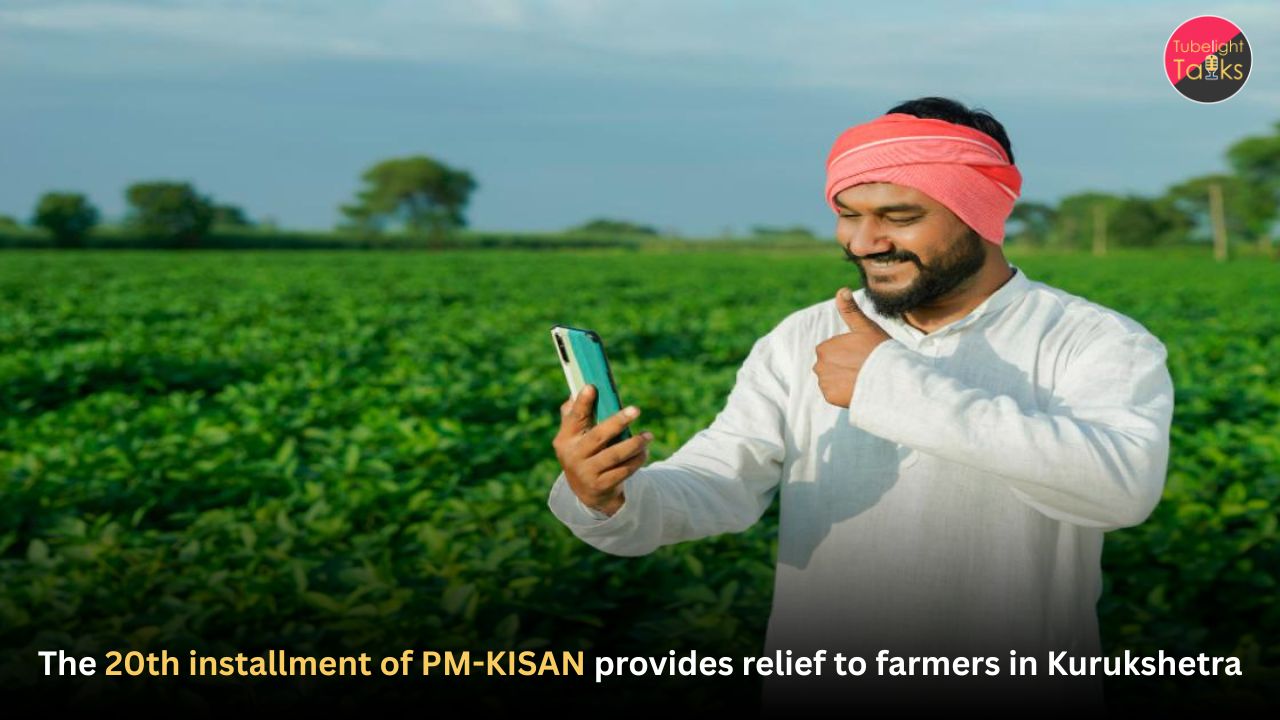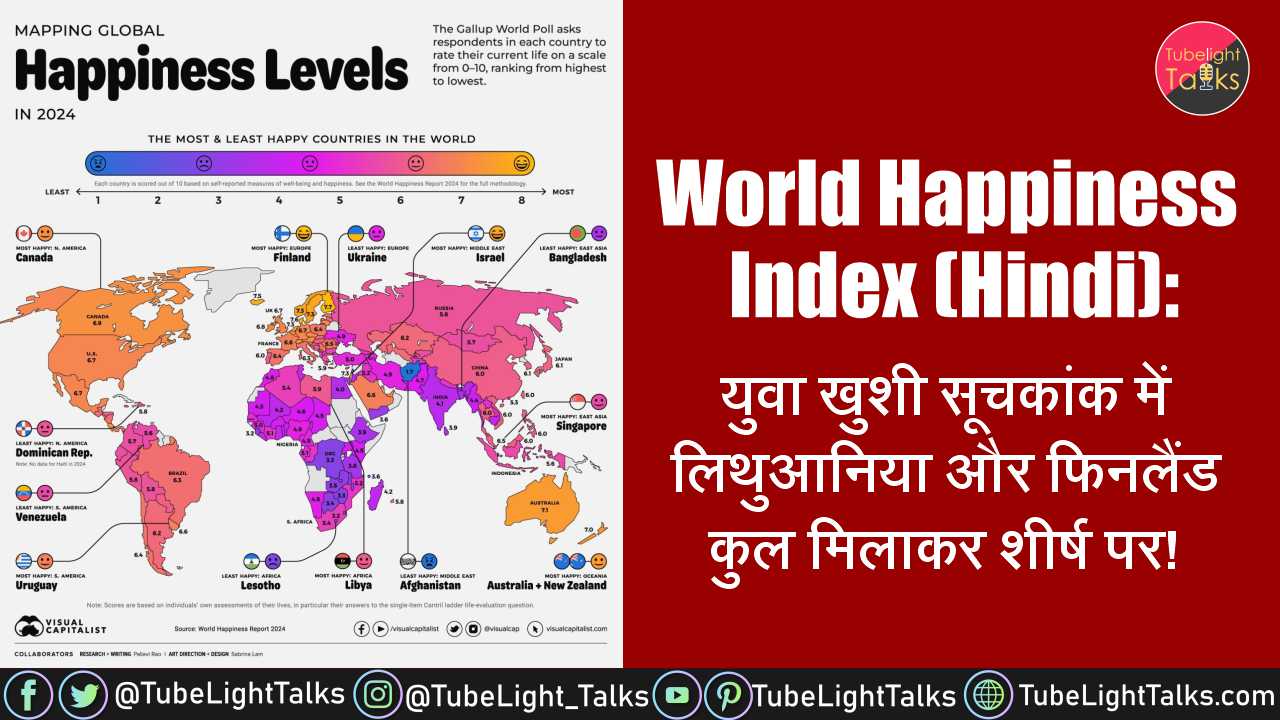In a significant development for the farming community, the 20th installment under the Pradhan Mantri Kisan Samman Nidhi (PM-KISAN) scheme has been credited to farmers’ accounts in Kurukshetra, Haryana. This move has brought much-needed financial support and emotional relief to thousands of farmers, helping them manage their agricultural expenses during challenging times.
A Welcome Support for Farmers
The PM-KISAN scheme has been a lifeline for small and marginal farmers since its launch. With each installment, the government provides ₹2,000, adding up to ₹6,000 annually, directly into the bank accounts of eligible farmers. The goal is to reduce their financial burden and assist in routine farming needs such as buying seeds, fertilizers, or paying for irrigation.
In Kurukshetra, many farmers confirmed that they had received the latest installment on time. For them, this timely financial aid is more than just money—it is a sign that their concerns are being acknowledged by the system. A local farmer shared, “This amount may not look big, but it helps us take care of the small expenses that matter the most. It keeps the cycle going on our farms.”
Timely Help in Uncertain Times
Farming is never easy, and today’s challenges—from unpredictable weather to rising costs of essential inputs—have made it even tougher. Many farmers in Kurukshetra are struggling with high prices of seeds, fertilizers, electricity, and water. In such a scenario, the PM-KISAN installment becomes a crucial source of short-term financial relief.
Also Read: ‘MayDay’ Declared by United Airlines Heading Munich From Washington
With the arrival of the 20th installment, several farmers now feel more confident about the upcoming crop season. They say the funds will help them plan better and invest in their fields without borrowing money from local moneylenders or taking loans at high interest.
Officials Ensure Smooth Disbursal
District agricultural officers have confirmed that the distribution process was smooth and well-managed. According to them, a majority of the eligible farmers have already received the payment in their linked bank accounts. The administration is closely monitoring the process to address any issues that might arise.
Farmers who haven’t yet received their payments are being urged to:
- Complete their eKYC (Electronic Know Your Customer) process
- Ensure bank account details are updated
- Verify that their Aadhaar number is correctly linked
Officials are also encouraging farmers to check their PM-KISAN status online or visit the local agriculture office if they face any delays.
What is PM-KISAN?
The PM-Kisan Samman Nidhi Yojana, launched in 2019, is a Central Government initiative aimed at improving the income and livelihood of small and marginal farmers. Under the program, qualified farmers are granted ₹6,000 annually, distributed in three equal payments of ₹2,000.
Read in Hindi: PM Kisan Samman Nidhi 20th Installment Date [Hindi]: PM किसान सम्मान निधि 20वीं किस्त करें चेक?
The entire process is designed to be direct and transparent, with funds transferred straight to the beneficiaries’ bank accounts. Over time, the scheme has emerged as one of the most impactful welfare programs for farmers, touching lives across every state in India.
Key Features of PM-KISAN:
- Direct Benefit Transfer (DBT) model
- Targeted for small and marginal farmers
- eKYC mandatory to reduce fraud and ensure accuracy
- Online application and status tracking available through the official PM-KISAN portal
Real Impact on Ground
While ₹2,000 may not be a large amount by urban standards, for many rural families, it offers timely help to manage essential needs. The funds often go toward buying basic agricultural inputs, paying for transportation, or even helping in household requirements.
In Kurukshetra, the farming community has welcomed the government’s effort to maintain the schedule of installments despite various logistical and administrative challenges. Many hope that future installments will also continue without delay and that the scope of the scheme will be expanded to benefit more farmers.
Conclusion
The crediting of the 20th installment of PM-KISAN in Kurukshetra is not just a financial transaction—it is a message of trust and support. It shows that even small, consistent assistance can bring real and meaningful change in the lives of those who feed the nation.
Going forward, it’s essential for farmers to stay informed, complete all necessary documentation like eKYC, and remain in touch with the local agriculture department. Government schemes can only be fully effective when people are aware and engaged.
As India moves towards a more inclusive and digitally connected rural economy, initiatives like PM-KISAN remind us that a little help at the right time can go a long way—especially for those who work tirelessly in our fields.









